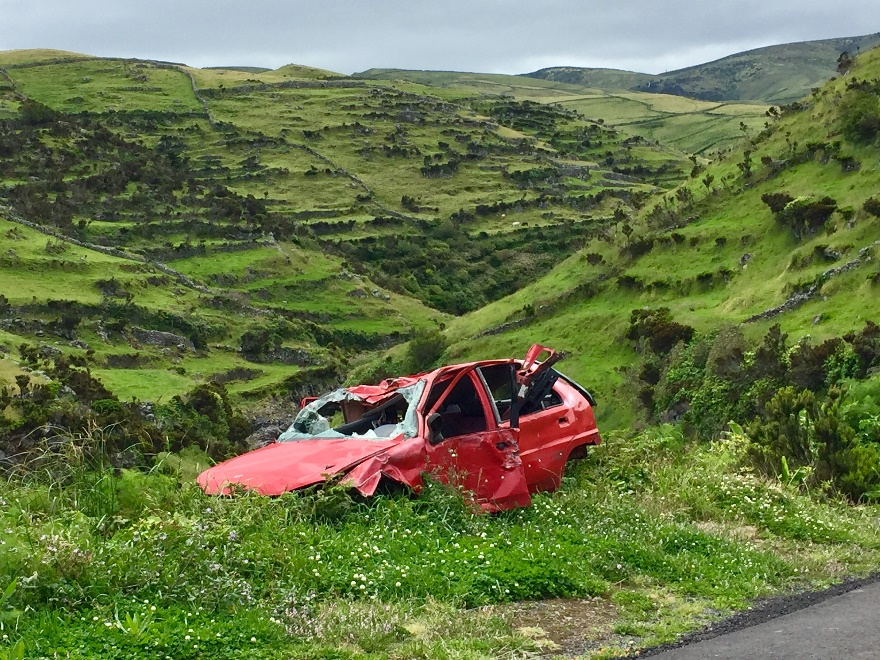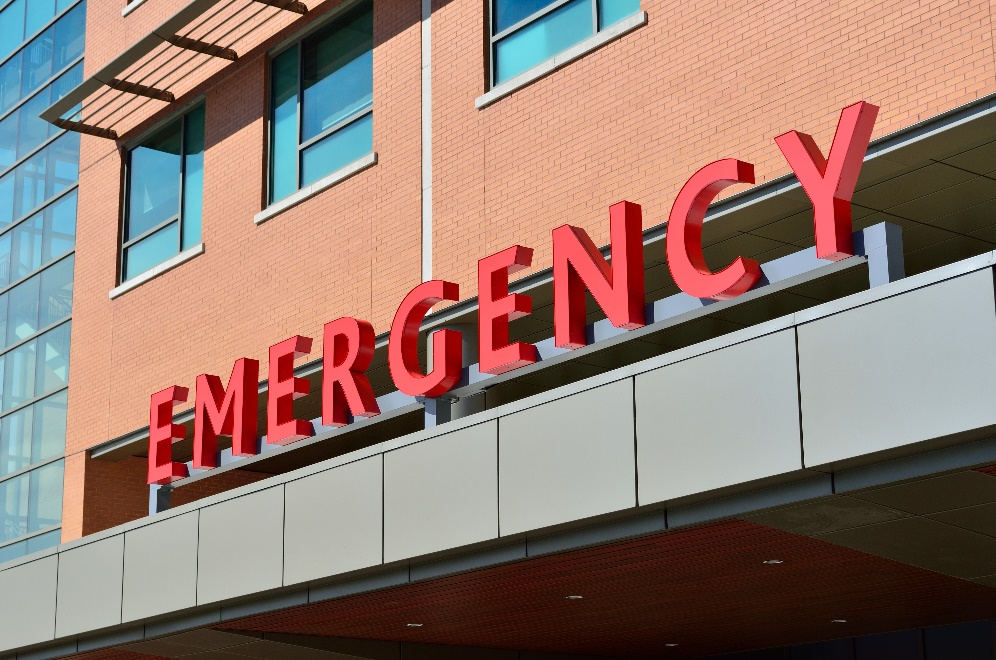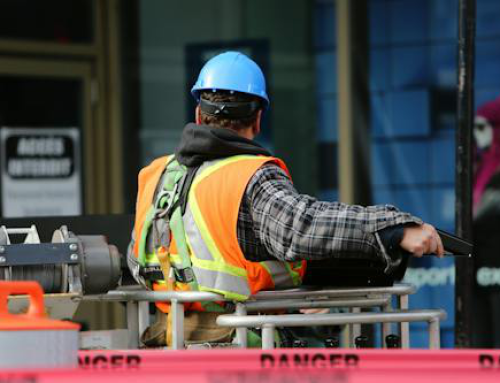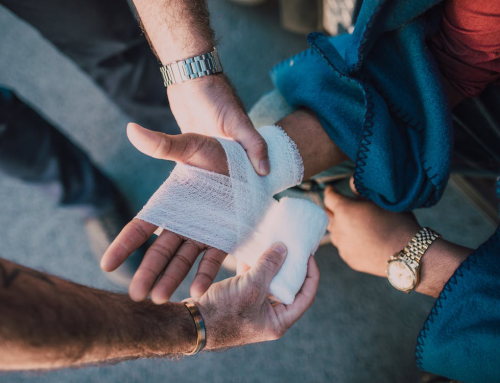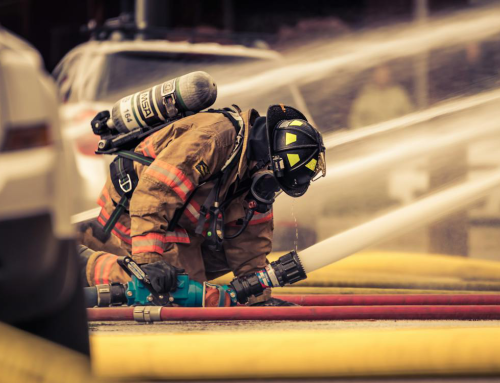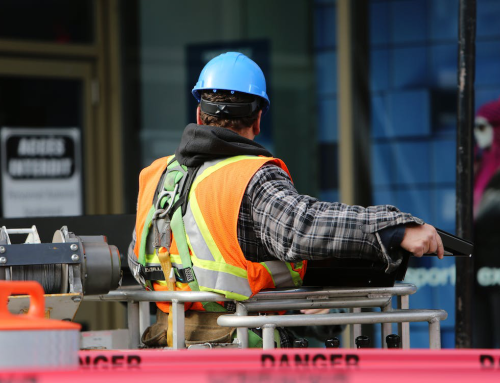Accidents can happen unexpectedly, and being prepared to respond quickly and effectively can mean the difference between life and death. In these critical moments, having enhanced first aid skills can be invaluable. By acquiring the necessary knowledge and training, you can become equipped to save lives in an accident and provide essential care until professional medical help arrives. In this blog post, we will explore the importance of enhancing your first aid skills and how it can make a significant impact in emergency situations.
Immediate Response:
When an accident occurs, the first few minutes are crucial. Your ability to respond promptly and appropriately can significantly impact the outcome for the injured individual. By enhancing your first aid skills, you gain the knowledge to assess the situation quickly, identify life-threatening conditions, and provide immediate care. This immediate response can stabilize the injured person’s condition, prevent further harm, and increase their chances of survival.
CPR and AED Training:
Cardiopulmonary resuscitation (CPR) is a life-saving technique used to revive individuals who have experienced cardiac arrest. By learning CPR, you can effectively provide chest compressions and rescue breaths, maintaining blood circulation and oxygenation until professional help arrives. Additionally, training in using automated external defibrillators (AEDs) can help you deliver electric shocks to restore the heart’s normal rhythm. Combining CPR and AED skills can significantly increase the chances of survival for someone experiencing a cardiac emergency.
Bleeding Control:
Severe bleeding can lead to life-threatening situations. Enhancing your first aid skills can teach you various techniques to control bleeding effectively. These techniques may include direct pressure, elevation of the injured limb, and the use of tourniquets or hemostatic agents when necessary. By knowing how to apply these techniques correctly, you can help minimize blood loss and potentially save a person’s life.
Splinting and Immobilization:
Fractures and dislocations are common injuries in accidents, and proper splinting and immobilization techniques can prevent further damage and reduce pain. Learning how to stabilize fractures, secure joints, and create makeshift splints using available resources can make a significant difference in the outcome for someone with a musculoskeletal injury. By enhancing your first aid skills, you become capable of providing immediate support and comfort to the injured person while waiting for professional medical assistance.
Choking and Airway Management:
When an individual’s airway is blocked due to choking or a foreign object, immediate intervention is crucial. Knowing how to perform abdominal thrusts (Heimlich maneuver) and clearing the airway using appropriate techniques can be life-saving. Enhanced first aid skills enable you to take swift action to remove the obstruction and restore the person’s ability to breathe.
Psychological First Aid:
In addition to physical injuries, accidents can also cause psychological trauma. Enhanced first aid skills encompass not only the physical aspects of care but also psychological support. By learning how to provide reassurance, active listening, and empathy, you can help individuals cope with the emotional distress that often accompanies accidents. Your presence and support can contribute to their overall well-being and recovery.
Preparedness for Any Situation:
Enrolling yourself in an occupational first aid course prepares you to respond effectively in various accident scenarios. Whether you encounter a car crash, workplace accident, or sports-related injury, your knowledge and OFA training become applicable across different contexts. This versatility allows you to step up and provide aid regardless of the situation, giving you the confidence to act and potentially save lives in an accident.
Community Impact:
Acquiring enhanced first aid skills not only benefits you personally but also has a broader impact on the community. By being prepared to respond to accidents, you contribute to a safer environment for everyone. Prompt and effective first aid interventions can prevent injuries from worsening and minimize long-term complications. Moreover, by sharing your knowledge and encouraging others to enhance their first aid skills, you create a ripple effect of preparedness within your community, so it’s a win-win situation for all.
Essentially, enrolling yourself in a first aid level 1 or first aid level 2 course polishes your first aid skills and can empower you to save lives and make a difference in accident situations. By investing in your training and staying updated on best practices, you become an invaluable asset in emergencies, providing critical care until professional help arrives.
So, if you’re in Vancouver and want to learn fall protection inspection training, first aid level 3 course, or confined space training, get in touch with Metro Safety today. We also provide part time OFA 3 and fall arrest training.


